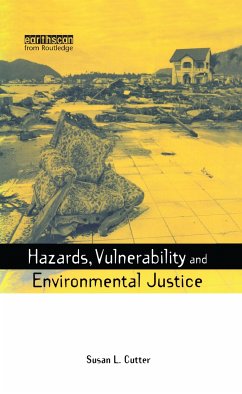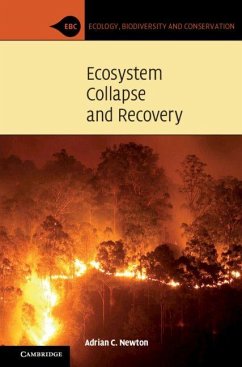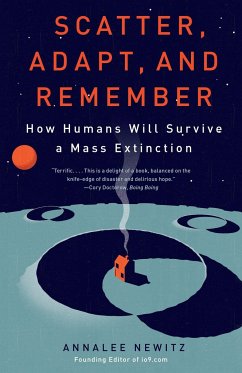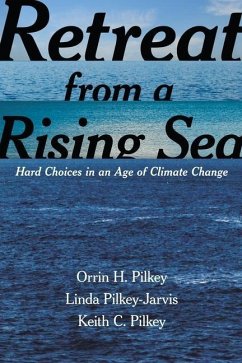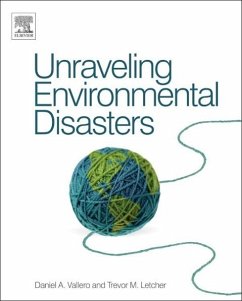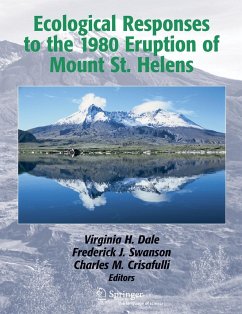Nicht lieferbar
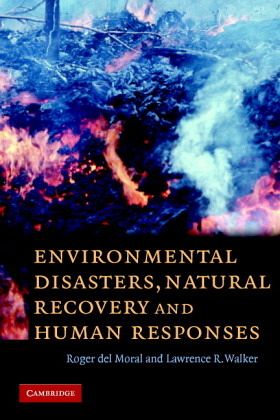
Environmental Disasters, Natural Recovery and Human Responses
Versandkostenfrei!
Nicht lieferbar
Natural disasters destroy more property and kill more people with each passing year. Volcanic eruptions, earthquakes, hurricanes, tsunamis, floods, landslides, fires and other natural events are becoming more frequent and their consequences more devastating. Del Moral and Walker provide a comprehensive summary of the diverse ways in which natural disasters disrupt humanity and how humans cope. Burgeoning human numbers, shrinking resources and intensification of the consequences of natural disasters have produced a crisis of unparalleled proportions. Through this detailed study, the authors pro...
Natural disasters destroy more property and kill more people with each passing year. Volcanic eruptions, earthquakes, hurricanes, tsunamis, floods, landslides, fires and other natural events are becoming more frequent and their consequences more devastating. Del Moral and Walker provide a comprehensive summary of the diverse ways in which natural disasters disrupt humanity and how humans cope. Burgeoning human numbers, shrinking resources and intensification of the consequences of natural disasters have produced a crisis of unparalleled proportions. Through this detailed study, the authors provide a template for improving restoration to show how relatively simple approaches can enhance both human well-being and that of the other species on the planet. This book will appeal to ecologists, land managers as well as anyone curious about the natural world and natural disasters.





